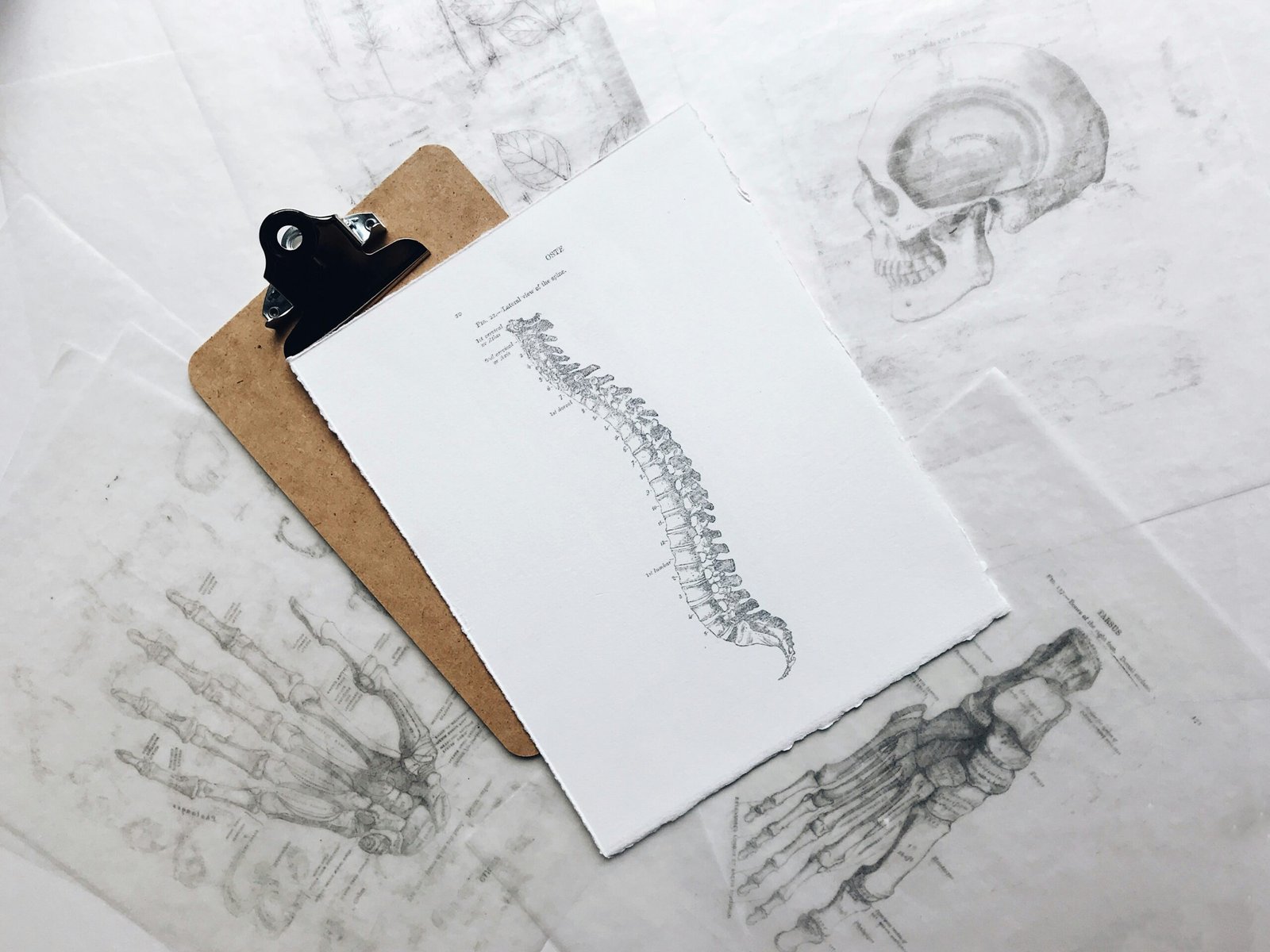The Importance of Mental Health
Mental health is a crucial aspect of overall well-being. It encompasses emotional, psychological, and social well-being, and affects how we think, feel, and act. Good mental health contributes to our ability to handle stress, relate to others, and make choices. It is important at every stage of life, from childhood and adolescence through adulthood.
Unfortunately, mental health is often overlooked and stigmatized, leading to many individuals neglecting their mental well-being. This can have detrimental effects on both the individual and society as a whole. It is essential to prioritize mental health and take proactive steps to maintain and improve it.
Strategies for Reducing Stress and Anxiety
Stress and anxiety are common experiences for many people. They can be triggered by various factors such as work, relationships, financial concerns, or health issues. While it’s normal to feel stressed or anxious at times, chronic stress and anxiety can have a significant impact on mental health. Therefore, it is important to implement strategies to reduce and manage these feelings.
1. Practice Mindfulness and Meditation
Mindfulness and meditation techniques can be effective in reducing stress and anxiety. Mindfulness involves focusing on the present moment and acknowledging and accepting one’s feelings, thoughts, and bodily sensations. Meditation, on the other hand, encourages relaxation and inner peace. Both practices have been shown to have positive effects on mental well-being.
There are various ways to incorporate mindfulness and meditation into one’s daily routine, such as guided meditation sessions, deep breathing exercises, and mindful walking. These practices can help individuals become more aware of their thoughts and emotions, ultimately reducing the impact of stress and anxiety.
2. Maintain a Healthy Lifestyle
Physical health and mental health are closely intertwined. Engaging in regular physical activity, eating a balanced diet, and getting an adequate amount of sleep are essential for overall well-being. Exercise releases endorphins, which are natural stress and anxiety reducers. A nutritious diet provides the body and brain with the necessary nutrients to function optimally, while adequate sleep allows for proper rest and rejuvenation.
Additionally, avoiding excessive consumption of alcohol, nicotine, and caffeine is important, as these substances can exacerbate feelings of stress and anxiety. By prioritizing a healthy lifestyle, individuals can better manage their mental health and reduce the impact of stressors.
3. Seek Support and Connection
It is crucial to have a support system in place to help manage stress and anxiety. This can include friends, family members, or mental health professionals. Sharing one’s feelings and concerns with trusted individuals can provide comfort and perspective. Additionally, seeking professional help from therapists or counselors can offer valuable coping strategies and treatment options.
Furthermore, fostering connections with others through social activities, community involvement, or support groups can combat feelings of isolation and loneliness, which are common contributors to stress and anxiety. Building and maintaining strong social connections can have a positive impact on mental well-being.
4. Establish Healthy Boundaries
Setting boundaries in various aspects of life is essential for managing stress and anxiety. This includes establishing boundaries in relationships, work, and personal time. Learning to say no to additional commitments when feeling overwhelmed, prioritizing self-care, and recognizing personal limits are crucial for maintaining mental well-being.
By establishing healthy boundaries, individuals can prevent burnout and reduce the impact of external stressors. It allows for a better balance between responsibilities and personal well-being.
5. Practice Self-Care
Self-care involves engaging in activities that promote mental, emotional, and physical well-being. This can include hobbies, relaxation techniques, spending time in nature, or engaging in activities that bring joy and fulfillment. Taking time for oneself is essential for reducing stress and anxiety, as it allows for relaxation and rejuvenation.
Additionally, practicing self-compassion and self-acceptance is important in managing stress and anxiety. Being kind to oneself and acknowledging one’s efforts and strengths can contribute to a positive mindset and improved mental health.
Conclusion
Prioritizing mental health and implementing strategies to reduce stress and anxiety are essential for overall well-being. By practicing mindfulness and meditation, maintaining a healthy lifestyle, seeking support and connection, establishing healthy boundaries, and practicing self-care, individuals can effectively manage and reduce the impact of stressors on their mental health. It is important to recognize the significance of mental health and take proactive steps to nurture and protect it.







